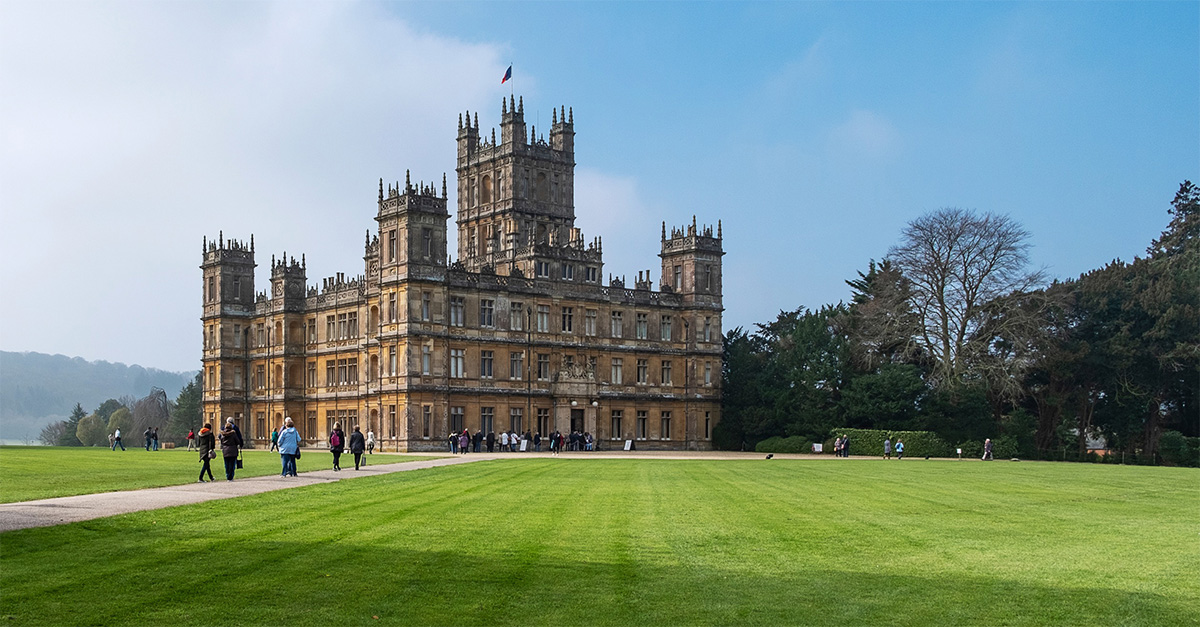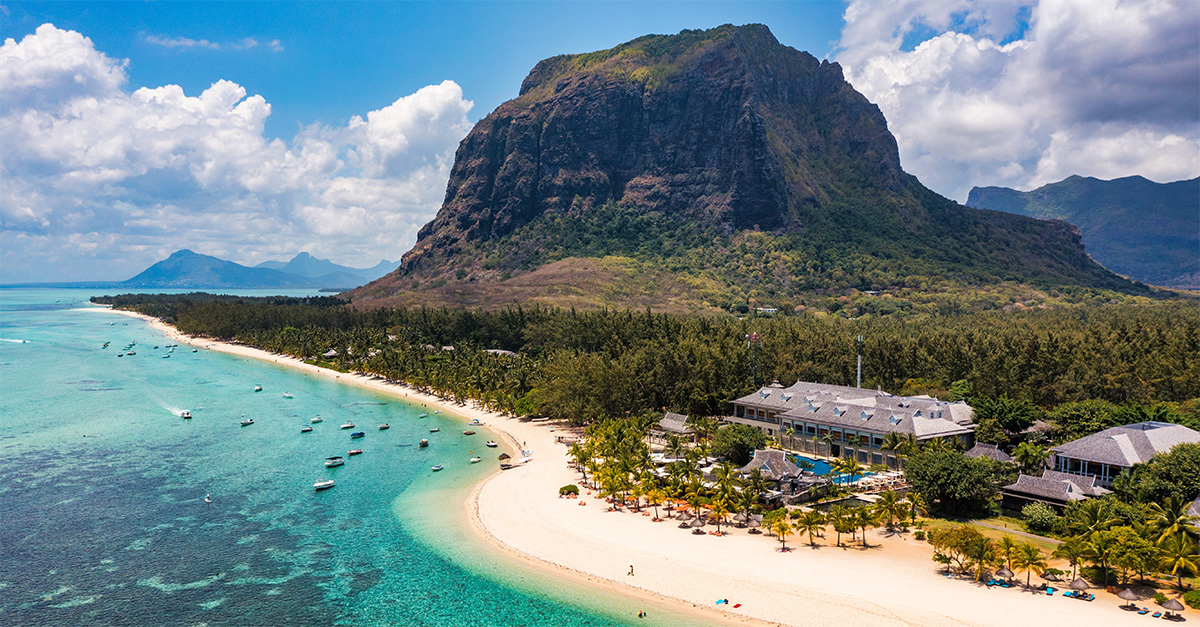Fifty years on from the assassination of Martin Luther King Jr, Ella Buchan traces the history of the civil rights movement on a road trip through the Deep South.
Click here to download and save as a PDF.
The words shuddered up my spine and caught in my throat. Tour guide Barry McNealy was describing what happened right here, in this boxy kitchen, on September 15, 1963, when four children were killed as they dressed for Sunday service.
Dynamite planted by white supremacists tore through the basement of 16th Street Baptist Church in Birmingham, Alabama, where Addie Mae Collins, Cynthia Wesley, Carole Robertson and Denise McNair were changing into choir robes. Their bodies were ripped apart and fused together by the blast.
The church is among many sites across America’s south connected to the civil rights movement of the 1950s and 60s, a period many see as more pertinent than ever.
“This is not a story about black versus white,” said McNealy. “This is a story about man’s capacity for cruelty towards other men.”
Last month marked 50 years since Martin Luther King Jr was shot on the balcony of Memphis’s Lorraine Motel, with various special events and itineraries launching around the anniversary.
Here are some of the key destinations along the civil rights trail through the south.
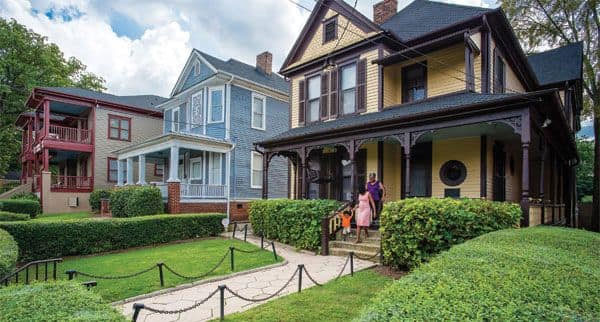
Atlanta, Georgia
At the Martin Luther King Jr National Historic Site, visitors can tour his boyhood home, with rooms filled with family photographs. The site also includes Ebenezer Baptist Church, personal artefacts including a neatly-packed suitcase, and King’s burial place.
Nearby, the African-American Panoramic Experience (Apex) Museum tells history through a different lens, focusing on the abhorrence of slavery while highlighting stories of black astronauts and business owners.
“In Castleberry Hill, Paschal’s serves fried chicken with a side of history – the restaurant was an unofficial headquarters for civil rights leaders.”
At the bigger Center for Civil and Human Rights, immersive exhibits include a lunch counter where visitors can experience just a hint of the physical and verbal abuse directed at students protesting segregation. In Castleberry Hill, Paschal’s serves fried chicken with a side of history – the restaurant was an unofficial headquarters for civil rights leaders including Dr King and John Lewis.
Where to stay: Suggest the Westin Buckhead Atlanta, in an upscale neighbourhood with nearby restaurants, shopping and easy transport links to downtown. Doubles from £115.
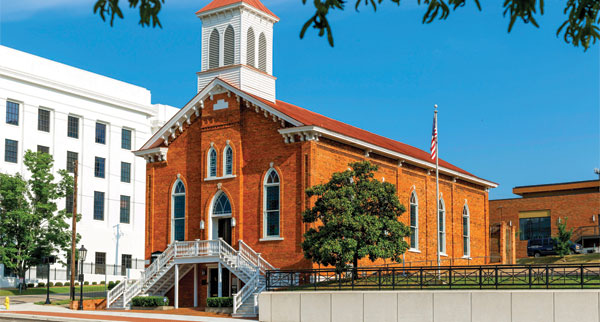
Montgomery, Alabama
King moved to Montgomery as a pastor in 1954. History had bigger plans, but visitors can see his office and lectern at Dexter Church, where curator Wanda Battle frequently erupts into song, and tour the family’s clapboard home at the Dexter Parsonage Museum.
On Montgomery Street, Sunny Paulk’s yellow and lime-hued mural honours the protesters who marched 54 miles from Selma over the Edmund Pettus Bridge to the Alabama State Capitol here in March 1965.
“Enjoy frankfurters smothered in chilli sauce at Chris’ Hotdogs on Dexter Avenue, the street where Rosa Parks refused to give up her bus seat in December 1955.”
King, Elvis Presley and Hank Williams are among famous patrons to enjoy frankfurters smothered in chilli sauce at Chris’ Hotdogs on Dexter Avenue, the street where Rosa Parks refused to give up her bus seat in December 1955. The act sparked the Montgomery Bus Boycott, which propelled King to civil rights leadership. Downtown, Troy University’s Rosa Parks Museum tells her story through court documents and a restored station wagon used to transport boycotters.
Where to stay: Montgomery’s downtown area is refreshingly walkable, with seasonally-led Central Restaurant among several great dining options. Suggest the DoubleTree by Hilton, with spacious suites and a modern atrium with circular bar. Doubles from £110.
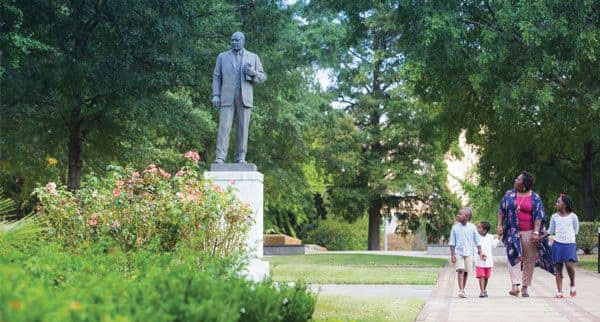
Birmingham, Alabama
King described Birmingham as “the most segregated city in the country”. It was also where some of the worst violence occurred. Even children were blasted with fire hoses, mauled by police dogs and jailed during the non-violent protests of 1963.
Opposite the 16th Street Baptist Church is a poignant monument to the four girls killed there, their arms stretching towards its doors. Historian and tour guide McNealy takes groups around the church, Birmingham Civil Rights Institute and Kelly Ingram Park, which has a statue of King and sculptures depicting attacks on child marchers.
“At Fame and Muscle Shoals recording studios, visitors learn about legendary studio musicians the Swampers, and a world where skin colour was irrelevant.”
Suggest clients stop in Florence en route to Tennessee, passing soupy swampland and cotton fields. At Fame and Muscle Shoals recording studios, visitors learn about legendary studio musicians the Swampers, and a world where skin colour was irrelevant.
Where to stay: The elegant Hampton Inn & Suites Downtown Tutwiler opened in 1914 as the city’s first modern hotel. Doubles from £110. In Florence, Marriott Shoals Hotel & Spa in Florence has doubles from £115. Its restaurant, 360 Grille, revolves for views that change with every bite.
Nashville, Tennessee
Nashville’s civil rights history is overshadowed by its honky-tonk bars, yet it was here that the 1960 lunch counter sit-ins gathered momentum. By flooding locations including Woolworth on 5th – now a food and music venue – students pressured the mayor to order desegregation of counters and continued to lobby for integrated public services until the 1964 Civil Rights Act.
“Nashville’s civil rights history is overshadowed by its honky-tonk bars, yet it was here that the 1960 lunch counter sit-ins gathered momentum.”
The Civil Rights Room in elegant Nashville Public Library has a ‘lunch counter’ where visitors can learn about the non-violent protests, while photos show children passing angry mobs to enter previously segregated schools.
Where to stay: Chic new Kimpton Aertson Hotel is steps from lively Music Row and offers a daily complimentary wine hour by the fireplace in its art‑filled lounge. Doubles from £190.
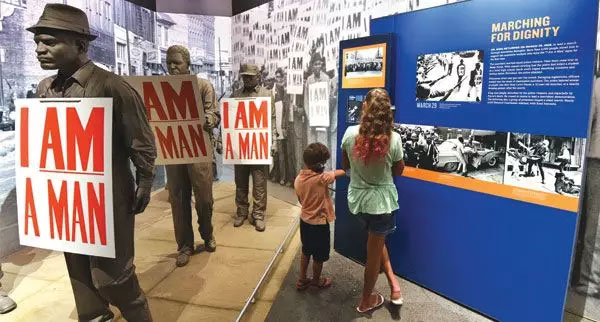
Memphis, Tennessee
Music is the heart of this city, with blues fans flocking to the bars of Beale Street and Elvis Presley devotees making the pilgrimage to Sun Studios and Graceland.
On April 4, 1968, Memphis gained attention for being the place where another King – Martin Luther King Jr – was assassinated, shot at the Lorraine Motel. The building now houses the National Civil Rights Museum, with sweeping exhibits tracing the movement from slavery to King’s legacy.
Suggest a tour of the Slave Haven Museum at the Burkle Estate, part of the Underground Railroad that helped people flee slavery. Director Elaine Lee Turner is one of Memphis’s most notorious criminals. She and her six sisters were detained 17 times for participating in marches and sit-ins in the 1950s and 60s, making theirs the city’s most-arrested family.
“The building now houses the National Civil Rights Museum, with sweeping exhibits tracing the movement from slavery to King’s legacy.”
The Stax Museum tells a different story, of a recording studio that launched the careers of Otis Redding and Isaac Hayes, and of a place where musicians paid no heed to segregation.
Where to stay: Stylish Hotel Napoleon is close to the music bars and clubs of Beale Street, home of the Delta Blues. Doubles from £120.
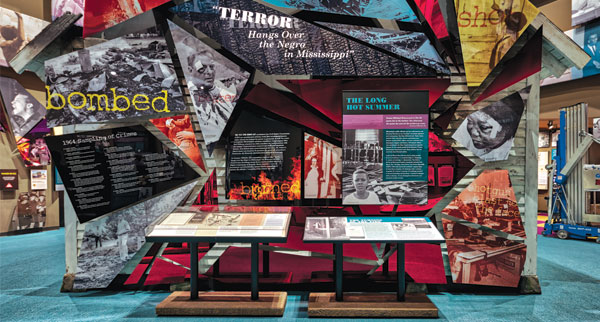
Jackson, Mississippi
The country’s first state-funded museum dedicated to civil rights opened in December 2017 and casts an unflinching eye on Mississippi’s most shameful history. Exhibits at the Mississippi Civil Rights Museum include the doors of Bryant Grocery, where 14-year-old Emmett Till was accused of wolf-whistling a white shopkeeper in August 1955. His brutal murder and torture shocked the world and galvanised the civil rights movement.
“The country’s first state-funded museum dedicated to civil rights opened in December 2017 and casts an unflinching eye on Mississippi’s most shameful history.”
Also on display is the rifle used to murder Medgar Evers, a civil rights leader, outside his Jackson home. The ranch-style building is now a museum offering tours by appointment.
Evers had an office above the Big Apple Inn on Farish Street and held meetings in the hole-in-the-wall joint. Its menu of smokes and pig ear sandwiches hasn’t changed since 1939.
Where to stay: The thickly-carpeted hallways and grand staircases of Fairview Inn lead to huge rooms with four-poster beds, fireplaces and whirlpool baths. Doubles, from £150, include a hearty breakfast.
Sample product
The new Hertz Road Trip Planner app includes maps and detailed guides for The Road to Civil Rights, a 12-day, 1,110-mile journey taking in nine key civil rights stops; 12 days’ car hire from Atlanta to New Orleans costs from £460 in September.
hertz.co.uk
Premier Holidays offers an eight-night Deep South fly-drive staying in Atlanta, Montgomery, Birmingham, Nashville, Memphis and Jackson, with United Airlines flights from Heathrow and nine days’ fully-inclusive car hire, from £1,499 in November.
trade.premier holidays.co.uk
Read more
The best way to spend 48 hours in Tampa
Exploring the best of Pittsbugh in the US
Adventures in southern Utah, United States


